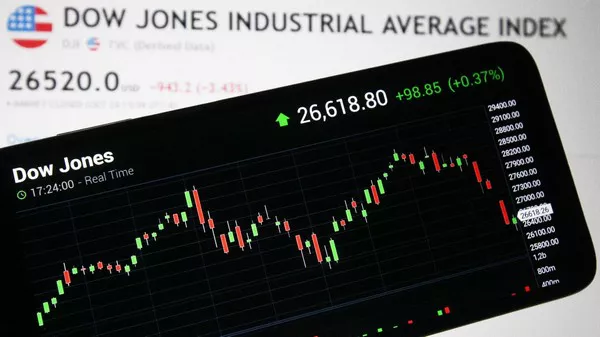China’s economic outlook for 2023 and 2024 has taken a hit as the country’s property market woes continue to weigh on what was once considered the global growth engine.
The world’s second-largest economy, after experiencing a brief post-COVID recovery, has found itself grappling with substantial debt accumulated over decades of infrastructure investments, coupled with a property market downturn. These challenges not only pose risks domestically but also cast a shadow over the global economic landscape.
With a significant 70% of household wealth tied to the struggling property sector, combined with rising youth unemployment, subdued consumption demand, and the hesitance of beleaguered private firms to invest, policymakers face an uphill battle in reigniting growth.
Julian Evans-Pritchard, Head of China Economics at Capital Economics in Singapore, commented on the situation, saying, “The primary culprit is the property sector. This source of growth has now evaporated and won’t be coming back. We have long been more bearish than most…but even we have been surprised by the speed at which growth has declined. The deceleration probably still has further to run.”
From September 4th to 11th, involving 76 analysts both inside and outside mainland China, forecasts a 5.0% growth rate for the Chinese economy this year. This projection is lower than the 5.5% forecasted in a July survey, with estimates ranging from 4.5% to 5.5%.
While nearly all economists have revised down their growth forecasts for both 2023 and 2024 compared to the previous survey, these adjustments were relatively minor, leaving room for potential further downgrades.
Some economists have expressed concerns that Beijing’s growth target of approximately 5% for this year may be unattainable, given that the incremental policy stimulus from the Chinese government might not be sufficient to stabilize the economy.
While recent data has shown signs of improvement, certain economists argue that more policy support is needed for the struggling property sector, which accounts for roughly a quarter of China’s economy.
The growth trajectory is expected to decelerate further to 4.5% in 2024 and 4.3% in 2025. Following a 6.3% expansion in the last quarter, the economy is anticipated to grow by just 4.2% in the current quarter, followed by 4.9% in the subsequent quarter, and a further decline to 3.9% in the first quarter of 2024.
Bingnan Ye, Senior Economist at China Merchants Bank International in Hong Kong, warns that “this slowdown could be just the tip of the iceberg,” with a downside risk being the possibility that “household consumption may improve more slowly than many expect.”
In addition to the property sector’s slowdown and exports, the U.S.-China trade tensions and the diversification of supply chains away from China are adding to the downward pressure on the Chinese economy.
A significant majority of economists surveyed believe that the risks to their GDP growth forecasts for 2023 and 2024 are skewed to the downside.
Economists have also lowered their consumer price inflation forecasts to 0.6% for this year and 1.9% for next year, down from the previously expected 1.1% and 2.1% in the July survey. Despite low inflation, the People’s Bank of China is expected to maintain its key interest rates throughout this year.
When asked about the possibility of an aggressive economic stimulus package from authorities, over three-quarters of economists (17 out of 21) responded negatively. Teeuwe Mevissen, Senior Macro Strategist at Rabobank in the Netherlands, noted, “Local governments, which are responsible for (about) 85% of expenditures, are heavily indebted. This constrains the ability…to provide meaningful stimulus without further undermining their already fragile finances.”


